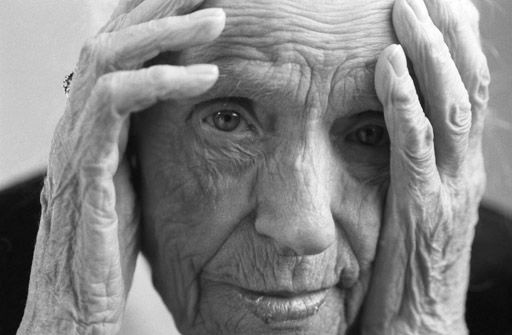
The Biology Of Ageing
Agging is an ongoing process with gradual physiological changes that lead to senescence – a decline in biological function and increased vulnerability to metabolic stresses. Theories of ageing have been debated since the ancient Greeks. There is currently no one theory that covers all the different aspects of ageing; many theories fall into the programmed (biological clock) and damage or error related categories. Some of the popular theories around ageing include genome damage to DNA, telemere shortening, misfolding of proteins, cell senescence and stem cell exhaustion.
Cellular And Molecular Ageing Mechanisms
During genomic instability, our DNA can become damaged due to external factors (such as UV light exposure) and internal factors (such as mutations). Damaged DNA can affect gene expression and transcription which can lead to dysfunctional cells.
Telemeres are the caps contained on the ends of DNA strands that protect them from damage. With each cell division, the length of the telomeres shorten; cell apoptosis (death) can eventually occur if the telomeres become too short.
Proteostasis is the process involving the folding, chaperoning and maintenance of protein function which keeps cells healthy. As protein damage occurs (e.g. through oxidation) over time, chaperones can become distracted with irreversibly damaged proteins, leading to an accumulation of newly misfolded proteins.
Cell senescence occurs when old and damaged cells cease to replicate. Senescent cells release senescence-associated secretory phenotype (SASP) molecules which, in accumulation, can alter and disrupt the surrounding environment and cause inflammation and cancer.
Stem cell exhaustion can occur when our stem cells lose their ability to divide or are unable to be replaced. Stem cells are vital to tissue regeneration and their loss contributes to the ageing process.
Scientific Ageing Advancements
As technologies, medicine and our understanding of the ageing process improve, so has the average human lifespan. People are living longer and this trend is predicted to continue into the future.
There is currently a wide range of scientific research being undertaken to reverse the ageing process, with a focus on its different aspects. T cells, a type of white blood cell which defend our bodies against bacteria and viruses, are being researched and reprogrammed to target cancer cells. Senolytics are specific drugs that has been synthesised to target and remove senescent cells and their damaging SASP molecules. Telomerase activation works on the theory that using drugs to induce an enzyme called telomerase to extend chromosome telomeres will effectively increase an organism’s lifespan.
The ageing process is a topic of high scientific interest, although it is complicated and involves many factors which are not yet fully understood. It is thought, for example, that telomeres act as a biological safety device to stop cancerous cells from proliferating. While we are not yet able to reverse ageing, significant progress has been made to allow the slowdown or the partial reversing of it.
If you are interested in studying Human Biology or Biology, Oxford Open Learning offers you the chance to do so at a number of levels, listed below. You can also Contact Us.